- in Blog
Top 5 Google Ads Bidding Strategies

Top 4 Google Ads Bidding Strategies (And When To Use Them)
Google Ads bidding can be confusing and frustrating to understand at times especially when first starting out using the Google Ads platform. There's a lot of terms thrown around such as pay per click or cost per click that on the surface seem easy enough to understand but when there's a lot of data and keywords in the account it's not always obvious what needs to be done to increase your campaign's performance.
When you've done comprehensive keyword research, wrote killer ads, built a great campaign and have a fantastic landing page the hard work is already done but the truth a poor bidding strategy can bring down your entire campaign and more importantly waste a lot of money.
Below I'm going to share my four personal favorite bidding strategies that I've used in different circumstances to increase stagnant campaign performance, remove keywords that aren't working well and maximize keywords that a bringing in solid conversions.
1. Manual Bidding
The first and most basic strategy (kind of) is manual. This strategy is preferable above all others because it gives you 100% control over bids on every single keyword. You can increase or decrease any keyword at anytime. This is a fantastic strategy if you're going to be able to give an account constant attention and keep a close eye on which bids need to be increased or decreased. For example, lets say a broad match modified keyword has brought in 1 conversion in the past month but the cost per conversion is making it impossible to get a positive ROI this keyword should be paused. This also creates a new opportunity to have that adspend be used on other (possibly more lucrative) keywords. But if you're just starting with Google Ads or you feel as though you won't be able to give your account constant attention keep reading!
2. Enhanced CPC
Enhanced cpc is basically manual bidding with a catch. Google automatically increases or decreases certain bids when their automation detects a conversion is more likely. Now before this method to be enabled it's important to have some conversion data because it's not possible for Google to optimize for conversions if none have been received. It's also equally important that your conversion tracking is set up correctly and tracking actions that are actually valuable to your business. For example, if your conversion tracking is set up to fire anytime someone reaches your home page, this is a very poor indication of success. A website visitor is great but it's should never be considered a lead or sale (which should be the primary goal of your campaigns)
I've see circumstances where enhanced cpc seemed to really help a campaign's performance and other times seemed to do nothing or even make it worse. So i'd say give this strategy a try if you have conversion data but feel as though your performance is lacking and increasing/decreasing select bids doesn't seem to be working.
3. Target CPA
Target cpa is an awesome bidding strategy that tries to bring in conversions at a cost per lead you specify but there's a catch - it's fully automated which means you have zero control over bids - of course you still have the option to pause any keyword that's wasting excessive budget but the truth is this strategy shouldn't be used unless you're campaigns are already bringing in solid conversions - It's recommended that you have at least 15-30 conversions each month to make effective use of this strategy but it's a fantastic way to really take a campaign's performance to the next level. Pro time: if you're ever unsure target cpa is the right move for your campaign run an experiment. Experiments allow you to see how a change in settings or bidding would effect performance by using a percentage of the budget from the campaign that's bringing in conversions.
4. Maximize Clicks
Maximize clicks is somewhat of a hail mary strategy and I wouldn't recommend it outside of a few instances. Maximize clicks generates the most amount of clicks possible for your budget. While this might sound great, quality of clicks always trumps quantity. If your traffic is irreverent to your business it won't make a difference if you get 100 clicks or 1000. For this reason, you should only use this strategy if your keywords are extremely refined and you have a solid negative keyword list to block out common irrelevant searches your ads will show up for. Another downside is google will spend any amount on any keyword making it very important to set a cost per click limit that makes sense for your business. While this strategy is somewhat dangerous, it's a great tool to try and get a campaign more data if other strategies aren't working. For whatever reason some campaigns are very difficult to get going due to competitors, expensive industries, or countless other reasons out of our control. Maximize clicks allows you to get valuable data such as search terms, average cpc for your area so you can make educated choses to increase your campaigns performance.
Look For Extra Help?
At Inbound Revenue we specialize in Google Ads lead generation. We understand it's tough juggling your business and marketing. Feel free to reach out for a 100% FREE consultation today!
